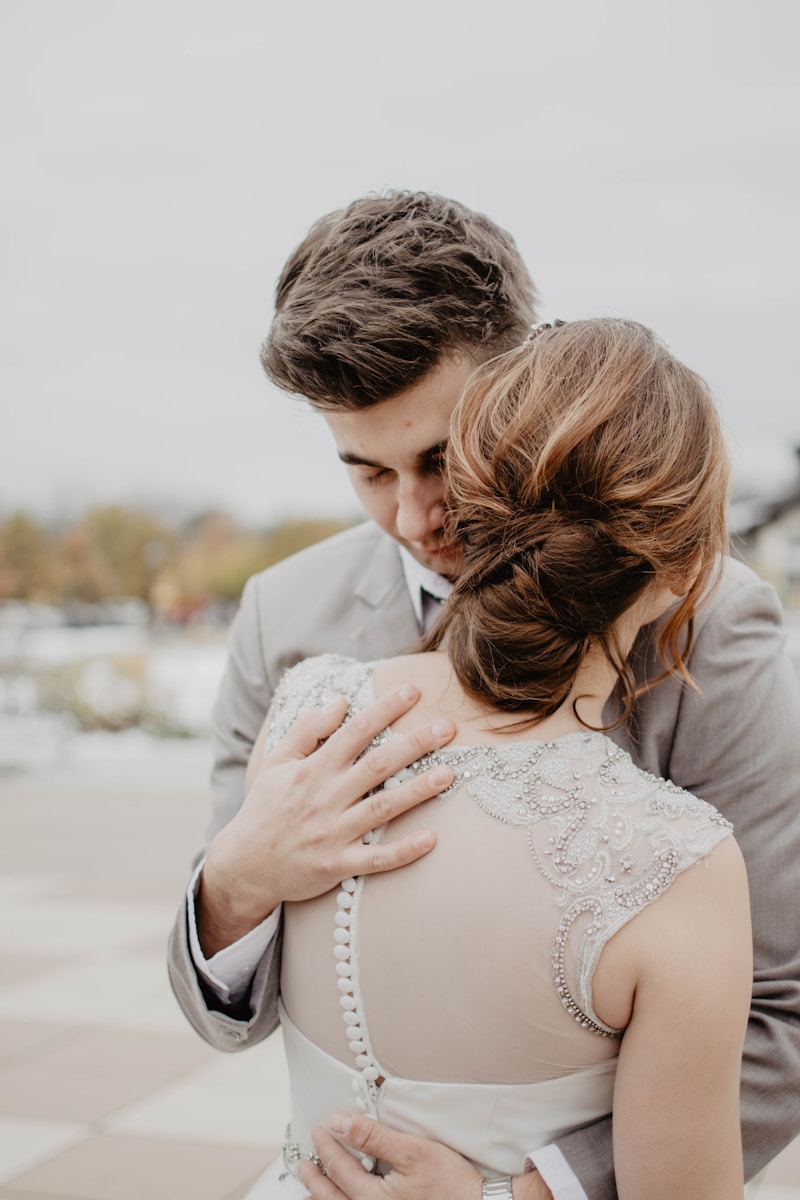Exploring Wedding Traditions in Different Cultures: A Journey Through Love and Ceremony
Understanding Wedding Traditions Across the Globe
Weddings are a significant milestone in a person’s life, symbolizing love, commitment, and the beginning of a new journey. However, the way this special day is celebrated varies greatly across different cultures. In this article, we will explore wedding traditions in different cultures, uncovering unique rituals, symbols, and practices that make each celebration special. We will delve into why certain customs exist, what they symbolize, and how they have evolved over time.
The Importance of Weddings
Weddings are more than just a union of two individuals; they are a celebration of love, community, and family. The rituals and traditions surrounding weddings serve to bring together not only the couple but also their families and communities. These ceremonies often reflect the values, history, and beliefs of a culture, making them a vital aspect of cultural identity. Here, we will look at various wedding traditions across different cultures, showcasing their distinctiveness and shared themes.
A Closer Look at Wedding Traditions
| Culture | Wedding Tradition | Symbolism |
| India | Henna Ceremony | Joy and Prosperity |
| Mexico | La Candela (The Candle Ceremony) | Life and Family Unity |
| Japan | Shinto Ceremony | Purification and Harmony |
| Greece | Stealing the Bride | Playfulness and Love |
| Scotland | Celtic Handfasting | Bond of Unity |
1. Indian Weddings: Vibrancy and Ritual
Indian weddings are known for their colorful celebrations and intricate rituals. The Henna Ceremony is an essential pre-wedding event where intricate designs are applied to the bride's hands and feet. This symbolizes joy and prosperity. The rituals often include a series of ceremonies, including the Sangeet, where families come together to sing and dance, celebrating the union with joyous music and traditional attire.
2. Mexican Weddings: A Celebration of Family
In Mexico, weddings are a family-centric affair. One unique tradition is La Candela or the Candle Ceremony, where the couple lights candles to symbolize the unity of their families and souls. This act signifies the couple's commitment to support each other and their families, showcasing the importance of familial bonds in Mexican culture.
3. Japanese Weddings: Harmony and Purity
The Shinto Ceremony highlights Japan's rich heritage. This traditional wedding involves purification rituals, where the couple is cleansed of impurities before their union. The bride often wears a white kimono signifying purity, and the couple partakes in a ritual called San-san-kudo where they sip sake from three different cups, symbolizing the bonding of the couple and their families.
4. Greek Weddings: Joyful and Playful Traditions
Greek weddings are renowned for their festive nature. One interesting aspect is the tradition of Stealing the Bride. Traditionally, the groom’s friends will 'steal' the bride, and the groom must negotiate her return. This playful act symbolizes the transition of the bride from her family to the new family she is joining, marking a joyful celebration of love and unity.
5. Scottish Weddings: Ancient Traditions
In Scotland, the ancient ritual of Celtic Handfasting signifies the couple’s commitment. During this ceremony, the couple’s hands are tied together with a ribbon or cloth, symbolizing their union and bond. This tradition has experienced a resurgence in Modern weddings, emphasizing a deep connection and an acknowledgment of the couple's commitment to one another.

Common Themes in Wedding Traditions
Despite the vast differences in wedding traditions across various cultures, several common themes emerge. Here are a few key themes that resonate across many cultures:
- Rituals of Purification: Many cultures include purification rituals to symbolize the cleansing of the couple before they embark on their new life together.
- Symbol of Unity: Most traditions revolve around the concept of unity—not just between the couple but also between their families and communities.
- Celebration of Community: Weddings often serve as a communal event, bringing together family, friends, and even the wider community to celebrate love and togetherness.
- Importance of Symbols: Various symbols are used in different cultures to represent love, fidelity, and the bond of marriage, such as rings, candles, or fabric.
Modern Influences on Wedding Traditions
As the world becomes more interconnected, many couples blend different cultural traditions into their wedding celebrations. This fusion allows couples to pay homage to their heritage while embracing modern themes. Aspects like destination weddings, elopements, and themed weddings are becoming increasingly popular, showcasing unique styles and personal narratives that reflect the couple’s love story.
Conclusion: Embracing Diversity in Wedding Traditions
Wedding traditions in different cultures symbolize love, unity, and the journey into a new life together. Understanding these traditions enriches our appreciation of diverse cultures and the beautiful ways love is celebrated around the globe. As you plan your wedding or attend ceremonies across cultures, consider incorporating elements that resonate with you and honor the traditions that hold meaning for your loved ones. Embrace the uniqueness of your heritage and celebrate love in a way that truly reflects your journey together.
In summary, exploring wedding traditions in different cultures opens our eyes to the rich tapestry of human experience. Whether you're interested in the vibrant colors of Indian weddings, the family-centered celebrations in Mexico, or the quiet elegance of a Japanese ceremony, each tradition offers valuable insights into the values and priorities of its culture. As you think about your own wedding or those of friends and family, remember that these customs are not just practices; they are deeply woven into the fabric of culture and community.